Video-assisted minimally invasive cardiac surgery (VACS) has a long history. The technique has been performed since the mid-1990s and was developed to avoid complete sternotomy, to reduce trauma and pain in the immediate postoperative period. Compared to the conventional surgical approach, standardized minimally invasive cardiac surgery techniques have shown growing evidence of similar or better results (MORAZ et al., 2015).
The literature has reported that the advantages of the MICS technique are: less pain; early mobilization; less blood loss; shorter mechanical ventilation time; shorter ICU and hospital stay; lower risk of infection; early recovery and return to daily activities; cosmetically better; less trauma in reoperations; better visualization. The disadvantages pointed out were: stricter criteria for patient selection; need for training/expertise; risk of vascular complications; and risk of phrenic nerve injury (EL-BOGHDADLY, CHIN, CHAN, 2017).
In this sense, surgeons have been trained for a short period of time, and there is still no standardization of resources or minimum workload for the training and qualification of professionals in the field. There are cases in which the results are questionable in terms of complications and morbidities, and the studies weaken the learning curve (STEFANIDIS, 2010).
The practice of Cardiovascular Surgery involves situations inherent to the specialty, with training in cardiac arrest induction and myocardial preservation, mastery of assisted circulation and cardiocirculatory support, central vascular accesses for positioning perfusion cannulas, perfusion control of noble organs (brain, kidneys, viscera), encompassing concepts and specific training in circulatory and respiratory physiology, endovascular techniques, vascular surgery, in addition to the obvious previous training in the correction of heart diseases in general. We must also develop knowledge and skills in the use of optics and video surgery techniques that were not previously part of the cardiovascular surgeon's conventional training.
Training in Minimally Invasive Cardiovascular Surgery needs to be made available and improved so that more surgeons in Brazil have access to the platforms and are better qualified to incorporate these new technologies.
Although it doesn't benefit most patients, its use in the most complex cases should bring significant benefits. It must be considered that Minimally Invasive Cardiovascular Surgery will continue to develop and its benefits should continue to grow as professionals, institutions and patients gain access to the technology, in order to develop further studies of the techniques and analysis of the positive and negative impacts.
In this sense, it will be possible to implement a communication and information system that promotes self-development and broadens the social commitment of health workers; to encourage and value teamwork and participation in continuing education processes; to promote Ambience, understood as a physical, social, professional and interpersonal environment that must be related to a health project focused on welcoming, resolutive and humane care.
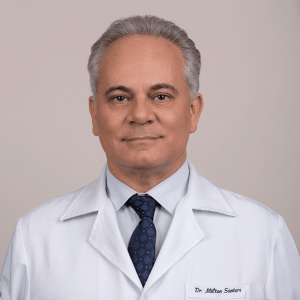
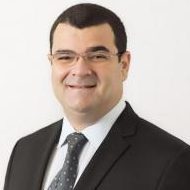
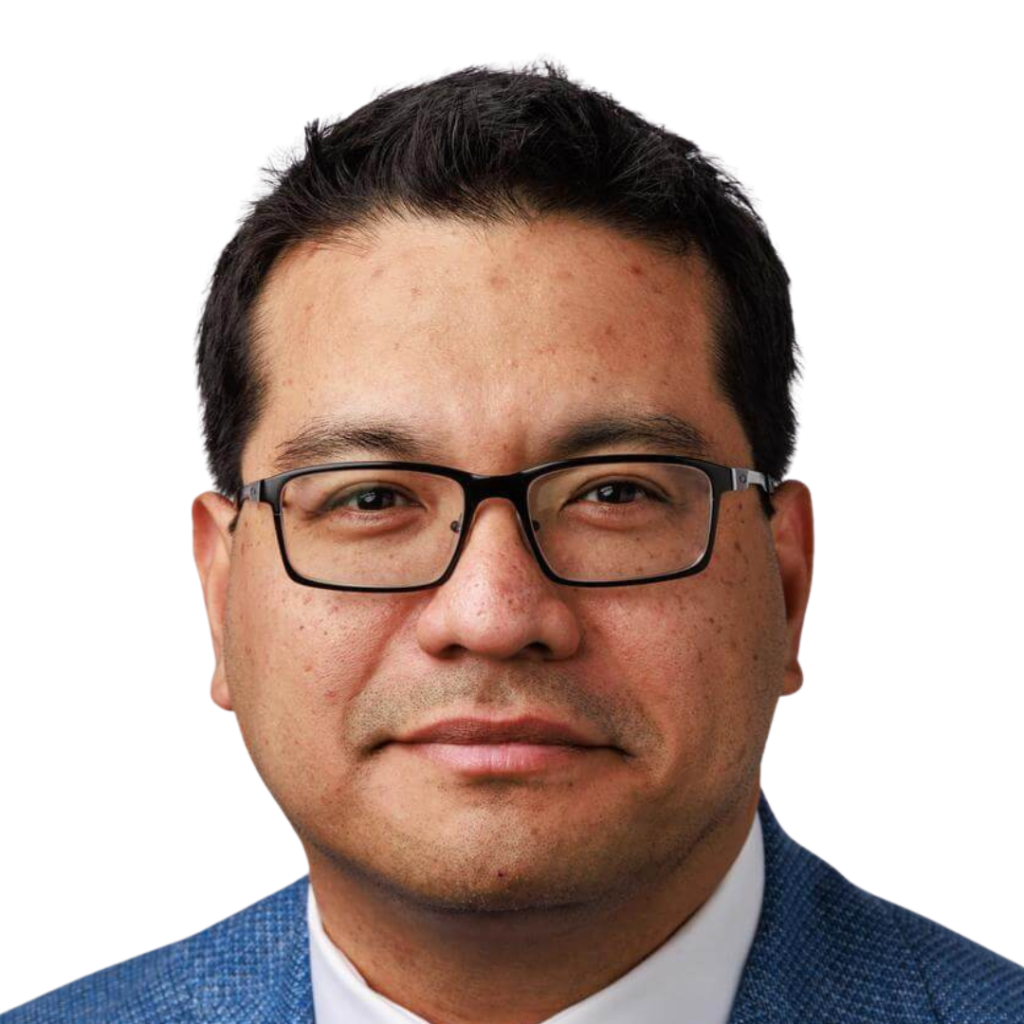
USA
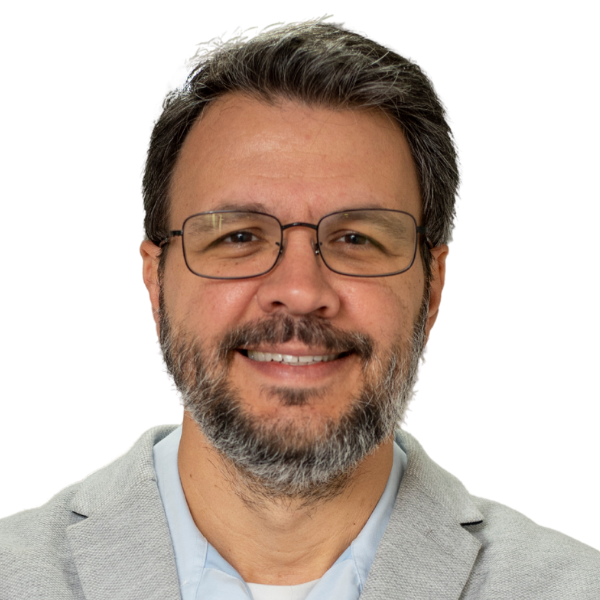
Brazil

Brazil
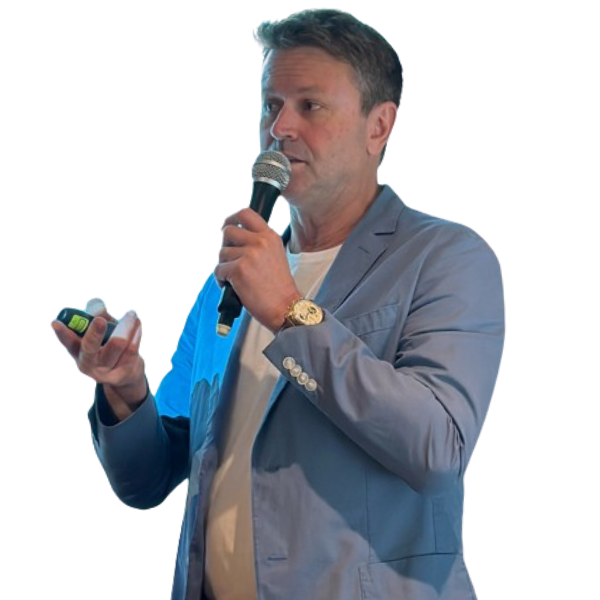
Brazil

Brazil
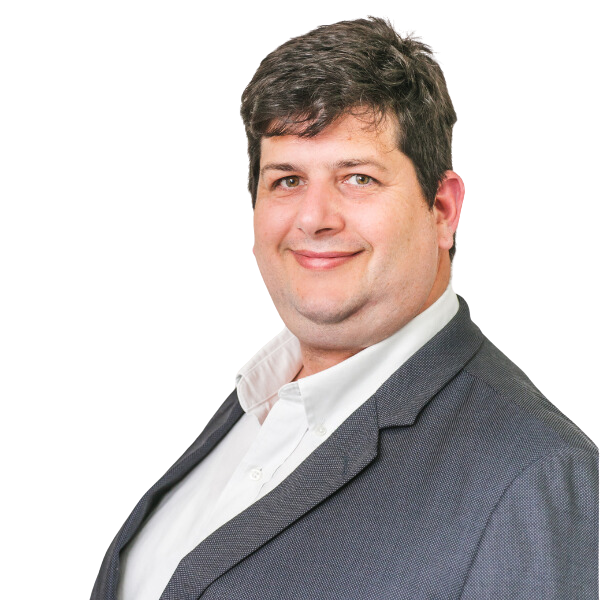
Brazil

Brazil
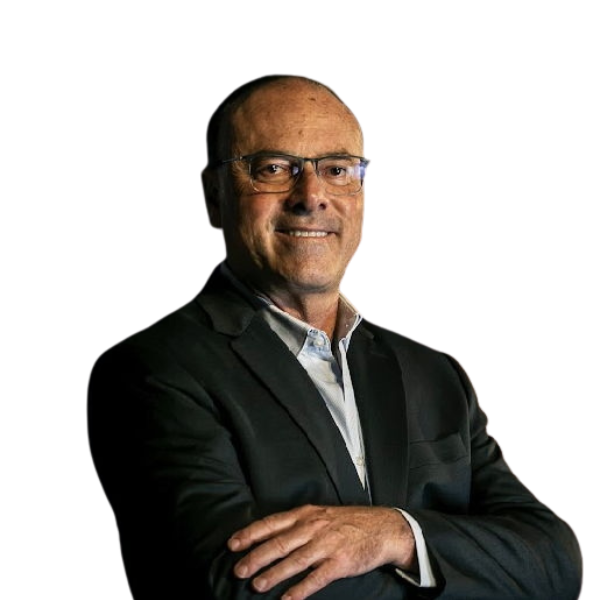
Brazil

Brazil
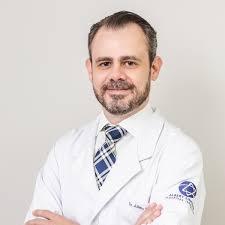
Brazil

Brazil

Brazil

Brazil
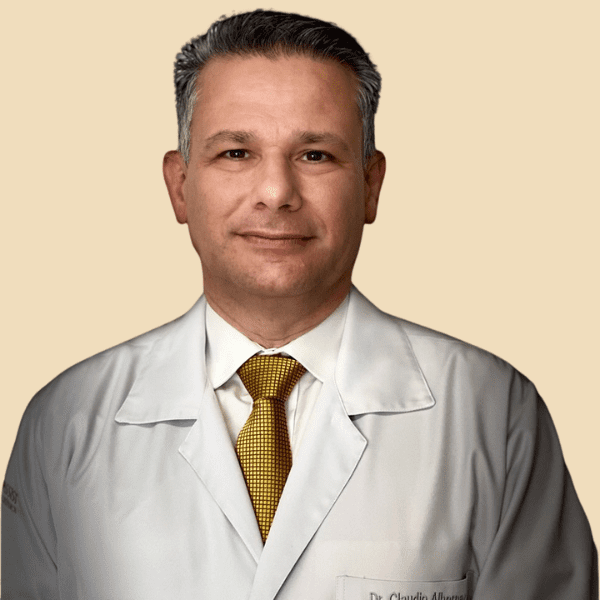
Brazil

Brazil
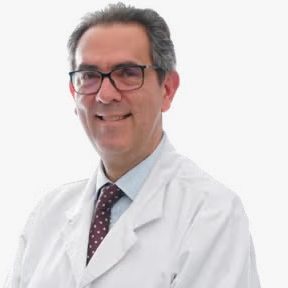
Colombia

Colombia
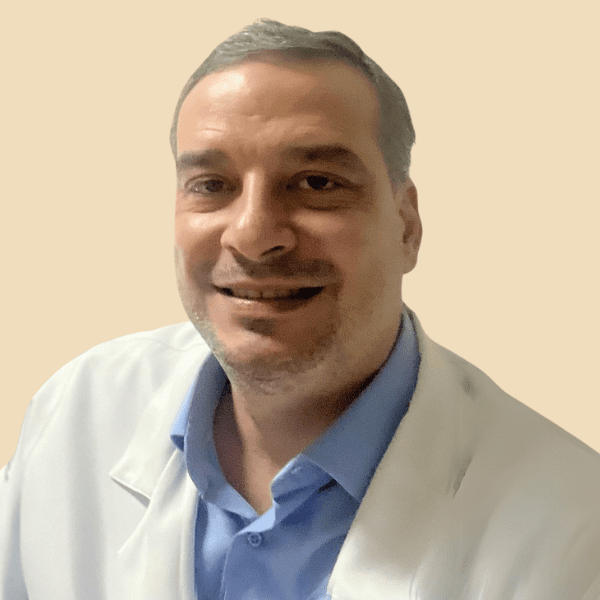
Brazil

Brazil
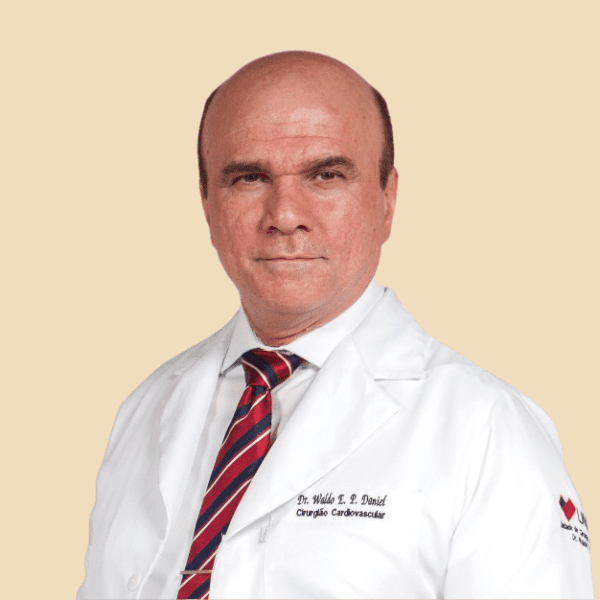
Brazil

Brazil
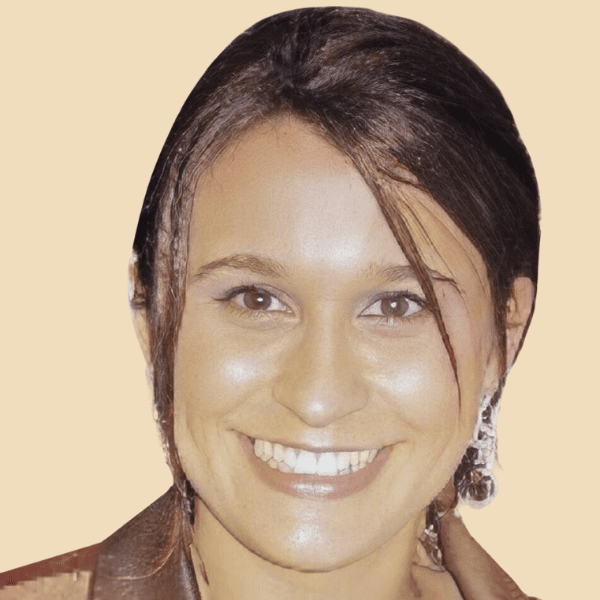
Brazil

Brazil
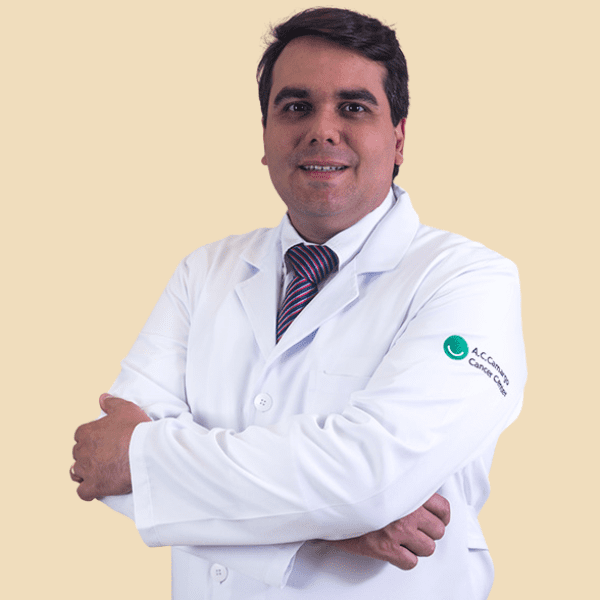
Brazil

Brazil
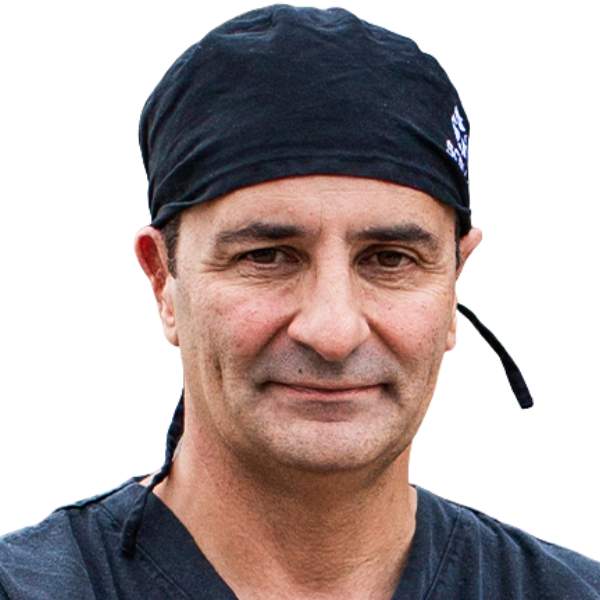
Brazil

Brazil
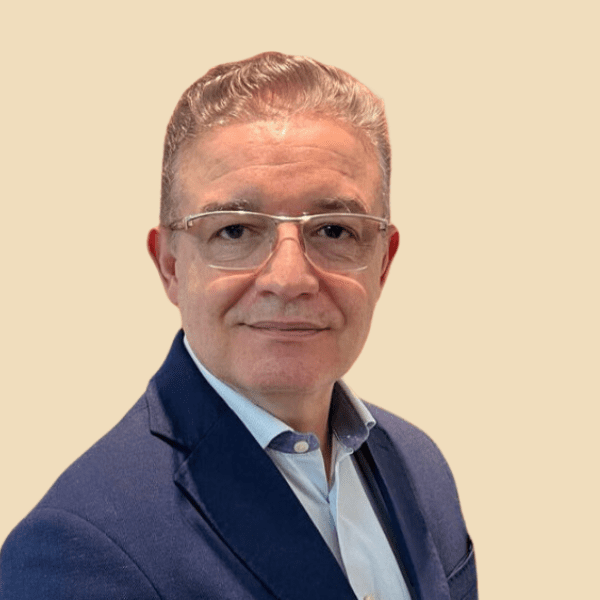
Brazil

Brazil
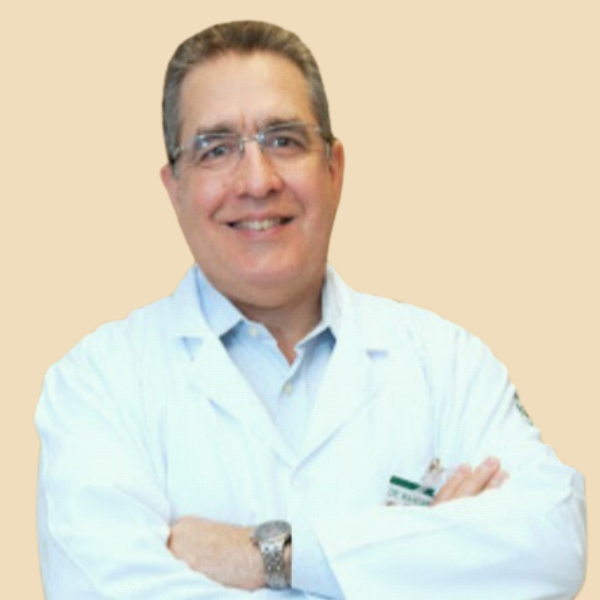
Brazil

Brazil
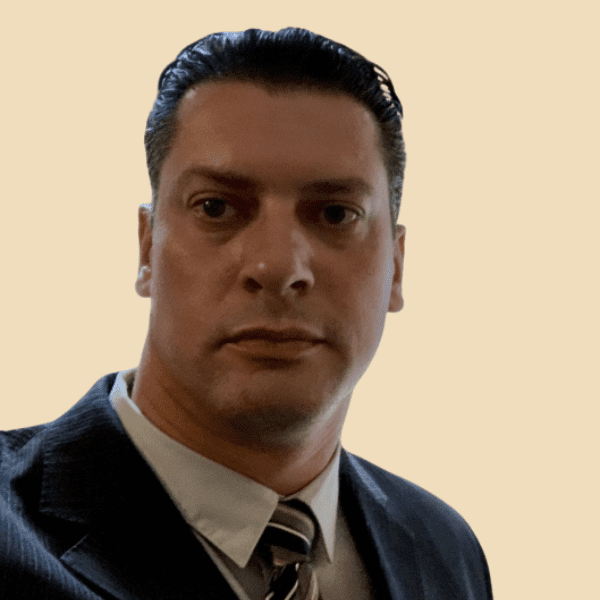
Brazil

Brazil

Brazil

Brazil

Brazil

Brazil
The training is theoretical and practical in order to get to know the workings and components of the technological platform to be used in surgery.
All face-to-face training will involve the use of:
- Simulation center and in the operating room, focusing on normal operation and problem solving.
- Complementary pre-clinical training that will involve the development of motor skills based on simulation of the surgical techniques that are the focus of the training.
- Surgical techniques will also be combined with the observation of surgical cases, giving the student experience as an assistant in procedures, as well as carrying out procedures in training and under supervision.
- All these steps will be overseen by a preceptor surgeon with extensive practical experience and consolidated knowledge in the technical area being trained.
Classes will take place as follows:
- Theoretical classes given by leading professionals in the field, and presentation of live surgeries with discussion of clinical cases.
- Practical training on living and inanimate models.
| Face-to-face module | Activity | Day of the week | Schedule | Type | Daily (h/a) |
Weekly (h/a) |
Module | Total
Course |
| Theoretical lessons and connection with an international expert | 6º | 08:00 to 12:00 and 17:00 to 18:00 | In person / Online | 5 | 5 | 5 | 30 | |
| Hands-on practical classes | 6º | 13:00 a 17:00 | In person | 5 | 5 | 5 | 30 | |
| Live Surgeries | Saturday and Sunday | 8:00 a 18:00 | In person | 10 | 20 | 20 | 120 | |
| Entrepreneurship and Medical Career Management Module | Theoretical Classes | To be determined | to be determined | Online | To be determined | To be determined | 52 | 52 |
| TCC | Dissertation and presentation of case reports | Free | Free | Online | Free | Free | Free | 80 |
| Online activities | Reading articles, case studies and exclusive group mentoring | Free | Book | Online | Free | Free | Free | 48 |
| TOTAL | 360 | |||||||
This is divided into 280 hours of theoretical and practical activities and 80 hours of course completion work
5 hours of theoretical classes and connection with an international specialist
5 hours of hands-on practical classes
20 hours of live surgery classes
Divided into: Reading articles, case studies, mentoring in an exclusive group between students and teachers to discuss surgical cases.
Dissertation and presentation of case reports on MICS.
The 52-hour course is taught entirely online
Datas: 20 a 22 Fevereiro de 2026
Objetivos:
Revisar o conhecimento de anatomia do átrio direito e do septo atrial por acesso videotoracoscópico e as indicações de videocirurgia cardíaca ; Anatomia da valva tricúspide e indicações de tratamento por videocirurgia cardíaca; Acessos e planejamentos dos procedimentos cirúrgicos; Apresentação de casos clínicos e discussão de indicações e contra indicações; Complicações mais frequentes e soluções de situações de risco na cirurgia do átrio direito; Técnicas de correção valvar tricúspide minimamente invasivas; Introdução e princípios da cirurgia robótica em cardiopatias congênitas.
Datas: 10 a 12 de Abril de 2026
Objetivos:
Ampliar a abordagem em anatomia cirúrgica do átrio esquerdo por miniacesso videotoracoscópico e as indicações de videocirurgia cardíaca Mitral; Anatomia da valva mitral e Indicações de tratamento por videocirurgia cardíaca; Acessos e planejamentos dos procedimentos cirúrgicos do átrio esquerdo; Apresentação de casos clínicos e discussão de indicações e contra indicações da cirurgia mitral videoassistida; Complicações mais frequentes e soluções de situações de risco na cirurgia da válvula mitral; Técnicas particulares de correção valvar mitral minimamente invasiva; Introdução e princípios da cirurgia robótica aplicada ao tratamento das valvas mitral e tricúspide.
Datas: 19 a 21 de Junho de 2026
Objetivos:
Reavaliar a anatomia cirúrgica e radiológica da aorta ascendente e da valva aórtica por mini acesso videotoracoscópico e as indicações de videocirurgia cardíaca aórtica; Anatomia da valva aórtica e Indicações de tratamento por videocirurgia cardíaca; Acessos e planejamentos dos procedimentos cirúrgicos da aorta e da válvula aórtica; Apresentação de casos – clínicos e discussão de indicações e contra indicações da cirurgia aórtica videoassistida; Complicações mais frequentes e soluções de situações de risco na cirurgia da válvula aórtica; Técnicas particulares de correção valvar aórtica minimamente invasivas; Introdução e princípios da cirurgia robótica da valva aórtica.
Datas: 28 a 30 de Agosto de 2026
Objetivos:
Neste módulo estaremos oferecendo uma experiência única de convívio com as maiores autoridades internacionais da MICS, que estarão em nossas dependências ministrando cursos de técnicas cirúrgicas especificas, que serão ofertadas aos participantes.
Além disto teremos os almoços com os especialistas oportunizadas para todos participarem, oportunidade única de estabelecer networking com renomados colegas internacionais.
O Simpósio, que automaticamente os alunos estarão inseridos, será o maior evento de cirurgia cardíaca minimamente invasiva realizado no Brasil com abordagem de todos os temas atuais de cirurgias das valvas cardíacas, cirurgia coronária, cirurgia das fibrilações atriais, seja por abordagem vídeo assistida, endoscópica ou robótica.
Contaremos ainda com cirurgias ao vivo e discussões interativas com todos os participantes.
Pretendemos que as modalidades cirúrgicas, especialmente a robótica, possa mostrar um caminho futuro para aprimoramentos posteriores a todos.
Datas: 30 de Outubro a 01 de Novembro de 2026
Objetivos
Introdução dos conceitos e técnicas minimamente invasivas utilizados nos tratamentos das doenças elétricas do coração, abrangendo as possibilidades de estimulação cardíaca do ventrículo esquerdo e principalmente a abordagem de tratamento minimamente invasivo da fibrilação atrial, apresentando novos dispositivos de exclusão do apêndice atrial esquerdo e técnicas de crio ablação; Discussão sobre associação destes procedimentos a doenças das valvas mitral e tricúspide, bem como o tratamento híbrido em conjunto com o time de arritmias, cirurgião, eletrofisiologista e cardiologista clínico; Introdução e princípios da cirurgia robótica aplicada ao tratamento das arritmias cardíacas.
Datas: 04 a 06 de Dezembro de 2026
Objectives:
Treinar e ampliar estratégias para o futuro da Cirurgia; Cardiovascular Minimamente Invasiva assistida por robô;
Apresentar trabalhos científicos – TCC – opcional;
Participar de FELLOW – opcional
This 100% online module aims to guide the career thinking of medical professionals in order to lay the foundations for career planning and entrepreneurship using design and planning tools with the structuring of scenarios and possible outcomes.
Dissertation and presentation of case reports on MICS.
- Registration as of 29/10/2024 = 5 Points
- Payment of registration fee = 15 points
- CV (general achievements in your medical career) = 40 points
- Motivational letter (potential impact of the course on your career) = 40 points.
- Concept "B" in the general assessment
- 75% class attendance
Medical residents with proven experience in Cardiovascular Surgery
Fully trained cardiovascular surgeons.
Before issuing your tickets, talk to our sales department.
Inscreva-se na lista de espera para a 6ª turma (2027) e receba informações antecipadas sobre a abertura das inscrições, além de acompanhar o cronograma, a estrutura do curso e os critérios de ingresso.